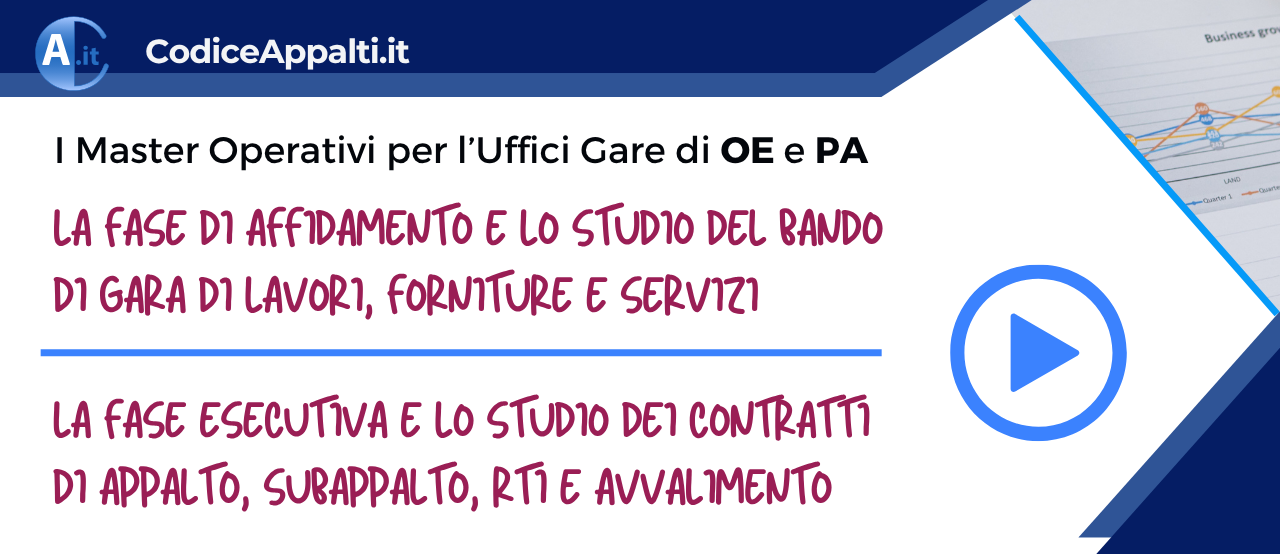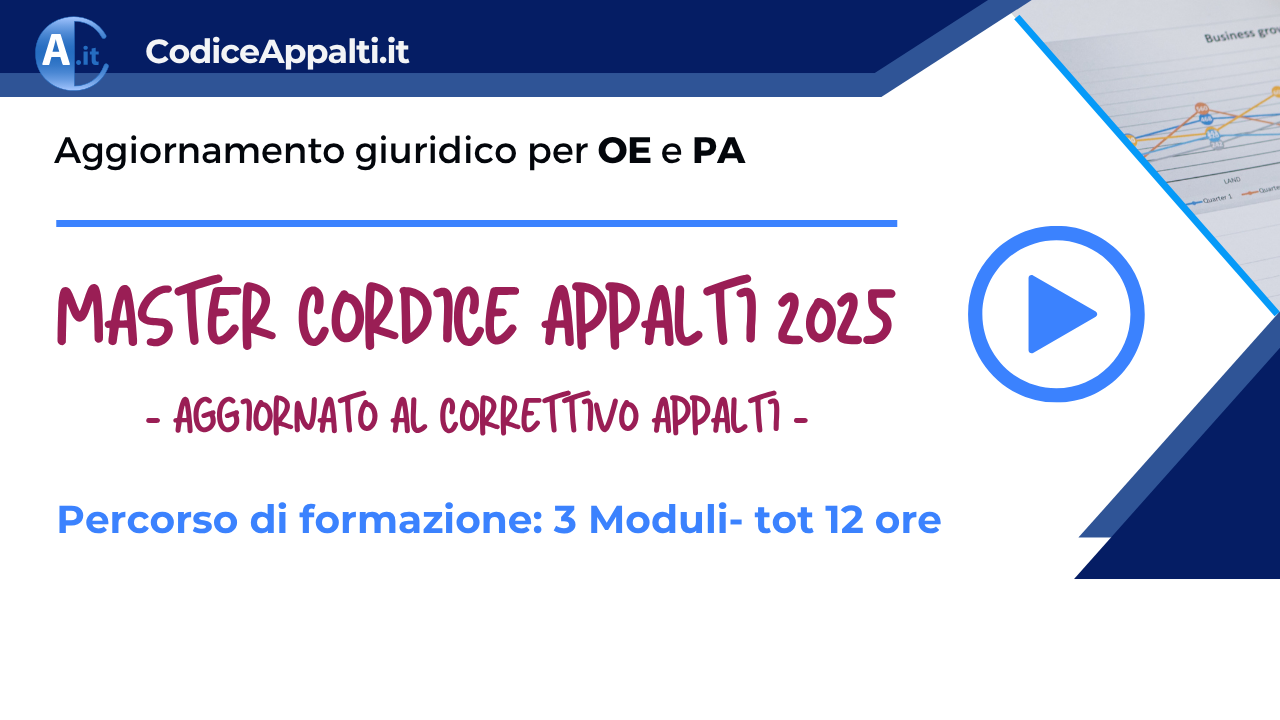Art. 163. Procedures in cases of extreme urgency and civil protection
1. In extremely urgent situations that do not allow any delay, either the person in charge of the procedure or the specialist of the competent administration who first arrives at the site can order, at the same time as the preparation of the record that indicates the reasons for the state of urgency, the reasons that caused it and the work necessary to remove it, the immediate execution of the work within the limit of 200,000 Euro or the amount that is indispensable to remove the state of danger to public and private safety.2. The execution of the urgent work can be entrusted directly to one or more economic operators chosen by the person in charge of the procedure or by the specialist of the competent administration.
3. The consideration for the services ordered shall be determined consensually with the awarded party. In the lack of a prior agreement, the contracting authority can order the awarded party to execute the work or provide the materials based on the prices determined using the official price lists of reference reduced by 20 percent, which are nevertheless admitted in the accounting records. If the awarded party does not enter a reserve in the accounting records, the prices shall be considered to be definitively accepted.
4. The person in charge of the procedure or the specialist of the competent administration shall prepare within ten days from the order to execute the work an expert report justifying such work and shall send it, together with the record of the extreme urgency, to the contracting authority, which shall cover the expense and approve the work. If the competent administration is a local entity, the coverage of the expense shall be ensured in the manner provided for in Articles 191, paragraph 3, and 194 paragraph 1, clause e) of Legislative Decree No. 267 of 18 August 2000 and subsequent modifications and integrations.
5. If a work or job, ordered for reasons of urgency, does not indicate the approval of the competent body of the administration, the relative implementation shall be immediately suspended and, after securing the construction site, the work shall be suspended and the consideration due for the part that was performed shall be paid.
6. The occurrence of the events set forth in Article 2, paragraph 1 of Law No. 225 of 24 February 1992, or the reasonable expectation, in accordance with Article 3 of such law, of the imminent occurrence of such events that requires the adoption of measures that cannot be postponed, shall also be considered to be circumstances of extreme urgency for the purposes of this Article, within the limits of what is strictly necessary pursuant to such measures. In such cases, the urgent circumstance shall be considered to persist until the dangerous or harmful situation for public or private safety deriving from the event has been eliminated, or in any case for a period not to exceed fifteen days from when the event occurs, or within the deadline established by any declaration of the state of emergency set forth in Article 5 of Law No. 225 of 1992. In such circumstances and within the same time periods, the contracting authorities can award the works, services and supplies using the procedure provided for in this Article. Article 2, paragraph 1 of Law No. 225 of 24 February 1992, must be read Art. 7 of Legislative Decree No. 224/2018
7. If award procedures are used in the urgent situations provided for by this Article, as well as, limited to civil protection emergencies, the procedures set forth in Article 63, paragraph 2, clause c), and there is a compelling need to ensure the timely performance of the contract, the awarded parties shall declare, by means of self-certification, issued in accordance with Decree No. 445 of the President of the Republic of 28 December 2000, that they possess the participation prerequisites for the award of contracts of an equal amount by means of the ordinary procedure, which the contracting authority controls within a reasonable term, compatibly with the management of the urgent situation in course, however not to exceed sixty days from the award. The contracting authority shall report, with adequate justification, in the first act following the controls performed, that the relevant prerequisites exist. In any case, it is not possible to make payment, including partial payment, in the lack of the relative controls having a positive outcome. Whenever it is determined after the control that the award was made to an operator lacking the above prerequisites, the contracting authorities shall withdraw from the contract, except for the payment of the value of the work already performed and the reimbursement of expenses that may already have been incurred for the execution of the remaining part, within the limits of the usefulness achieved, and they shall notify the competent authorities.
8. On an exceptional basis, to the extent strictly necessary, a direct award can also be authorized above the limits set forth in paragraph 1, for a limited time period, however not to exceed thirty days and only for individual specific cases that cannot be postponed, and within the limits of the maximum amounts established in the measures set forth in paragraph 2 of Article 5 of Law No. 225 of 1992. The direct award for the reasons set forth in this Article is not, however, allowed for contracts having a value equal to or greater than the European threshold. Article 5, paragraph 2 of Law No. 225 of 24 February 1992, must be read Art. 24 of Legislative Decree No. 224/2018
9. Limited to public contracts for supplies and services set forth in paragraph 6, for an amount equal to or greater than 40,000 Euro, for which no final price lists are available through the use of official price lists of reference, if the time required by the extremely urgent circumstance does not allow the use of the ordinary procedure, the awarded parties undertake to provide the services and supplies requested for a provisional price established consensually between the parties and to accept the definitive determination of the price after a specific assessment of fairness. For such purpose, the person in charge of the procedure shall communicate the provisional price, together with the explanatory documents of the award, to ANAC, which shall issue its opinion on the fairness of the price within sixty days. The normal remedies of law can be used to oppose ANAC’s decision, by means of recourse to the competent administrative courts. While waiting to obtain the opinion on fairness, 50% of the provisional price shall be paid.
10. The acts related to the awards set forth in this Article shall be published on the contracting authority’s profile, with the details of the awarded party, the manner in which the choice was made and the reasons that did not permit the use of the ordinary procedures. At the same time, and in any case within a reasonable period compatible with the management of emergencies, they shall be sent to ANAC for the controls for which it is responsible, without prejudice to the controls of the lawfulness of the acts provided by current regulations.
Condividi questo contenuto:







